Product manufacturing and recycling is a circular economy that plays an important role in the economic life of many countries, including Vietnam; it is considered an important "key" to turning solid waste into a resource for sustainable green economic development. However, up to now, our country still does not have a set of national technical standards on circular economy; causing many difficulties for activities in this field.
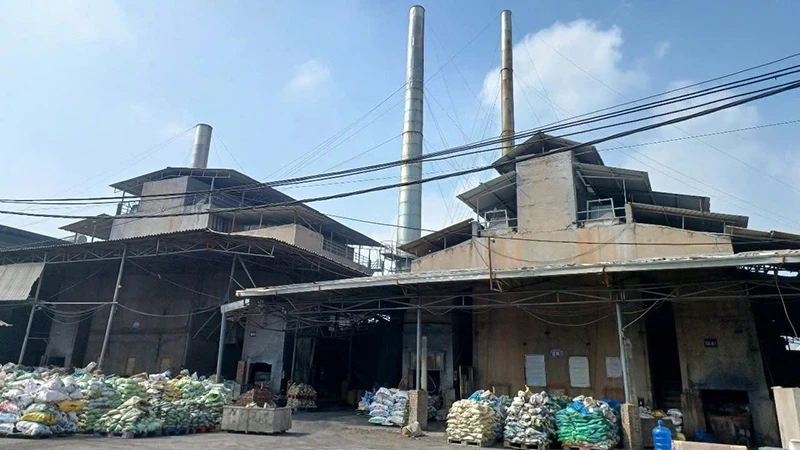
According to statistics from the Ministry of Agriculture and Environment , every day our country has nearly 70,000 tons of untreated solid waste. However, only less than 15% of it is collected and recycled, including: plastic, paper, electronic waste, batteries, lubricants, etc.
In 2024, while the Office of the National Extended Producer and Importer Responsibility Council (Ministry of Agriculture and Environment) only announced 24 qualified enterprises solid waste recycling In fact, there are many businesses, organizations and individuals operating in this field nationwide.
Notably, in craft villages that recycle lead, aluminum, cast copper, paper, produce packaging, plastic products, etc., violations of environmental laws are very common. Most recycling activities are spontaneous and uncontrolled, causing serious impacts on the living environment and human health.
Since the early years when the country entered the period of industrialization and modernization, our Party and State recognized the importance of production and product recycling activities for the economy and environmental protection.
In 1998, the Politburo issued Directive No. 36/CT-TW dated June 25, 1998 on strengthening environmental protection during the period of industrialization and modernization of the country.
In 2012, the Government issued Resolution No. 10/NQ-CP dated April 24, 2012 promulgating the Action Program to implement the Socio-Economic Development Strategy 2011-2020 and the Orientation and Tasks for National Development for the 5 years 2011-2015.
In 2020, the Law on Environmental Protection mentioned specific and detailed regulations on circular economy and its role in environmental protection, emission reduction, and renewable energy. Most recently, in 2022, Decision No. 687/QD-TTg dated June 7, 2022 of the Prime Minister approved the Circular Economy Development Project...
Along with the development speed of many other economic sectors, the industry of manufacturing and recycling products from solid waste in our country is currently considered to have great potential and has not been fully exploited.
The role of businesses operating in the field of production and product recycling is very important for the circular economy. Therefore, linking responsibility and sharing benefits of businesses with the government and people in environmental protection is an inseparable requirement.
Recently, the Department of Environment (Ministry of Agriculture and Environment) organized a training course on implementing extended responsibility of producers and importers. This is an approach to environmental policy and management. solid waste quite effective that many countries have applied.
In the world, the extended responsibility of producers and importers is considered a driving force to help countries promote circular economy, especially in developed countries such as Japan, Korea, EU countries...
Vice President of the Vietnam Waste Recycling Association Hua Phu Doan said that the Vietnamese business community operating in the recycling sector is still weak and inconsistent; infrastructure is lacking and does not meet high technical requirements.
To improve the quality of the team, in addition to investing in modernizing technology, it is necessary to develop criteria and operating standards; from there, there will be incentive mechanisms for businesses that do well and strict handling of businesses that violate the law.
Director of Development of Duy Tan Plastic Company Le Anh hopes that businesses operating in this field will receive more companionship and support from management agencies and people...
According to statistics from the Ministry of Agriculture and Environment, every day our country has nearly 70,000 tons of untreated solid waste. However, only less than 15% of it is collected and recycled, including: plastic, paper, electronic waste, batteries, lubricants, etc. |
According to Deputy Director of the Department of Environment Ho Trung Kien, in order to quickly implement the expanded responsibility of manufacturers and importers to fully exploit the value of recyclable waste, Vietnamese enterprises need to quickly and decisively form an industry to produce and recycle products from solid waste to meet the requirements of meeting the required rate. recycled products for export goods, while contributing significantly to environmental protection.
According to the Office of the Extended Responsibility Council for Producers and Importers, although all businesses involved in this field agree on sharing responsibility for environmental protection, there are still many questions related to the responsibility standards; standards, recycling rates, recycled products, etc.
In recent years, the potential market for solid waste recycling in our country has seen the participation of foreign enterprises, especially those operating in the field of renewable energy.
Therefore, it is necessary to soon develop and promulgate a set of TCVNs on the contents as the Ministry of Science and Technology implements according to the Circular Economy Development Project approved by the Prime Minister in Decision No. 687/QD-TTg, including: Measuring and reporting on circular economy aspects of products, locations and organizations; Design for production, assembly, disassembly and end-of-life treatment; Guidance on selecting appropriate end-of-life design strategies; Manufacturing process; Technical regulations...
This is a very necessary and urgent content to apply in the context of product production and recycling activities that must both achieve economic benefits and contribute to solving the "huge" amount of solid waste generated every day, while ensuring environmental protection requirements according to the provisions of law.
Source: https://baolangson.vn/tieu-chuan-ky-thuat-ve-kinh-te-tuan-hoan-5043303.html


![[Photo] Prime Minister Pham Minh Chinh inspects the progress of the National Exhibition and Fair Center project](https://vphoto.vietnam.vn/thumb/1200x675/vietnam/resource/IMAGE/2025/5/19/35189ac8807140d897ad2b7d2583fbae)


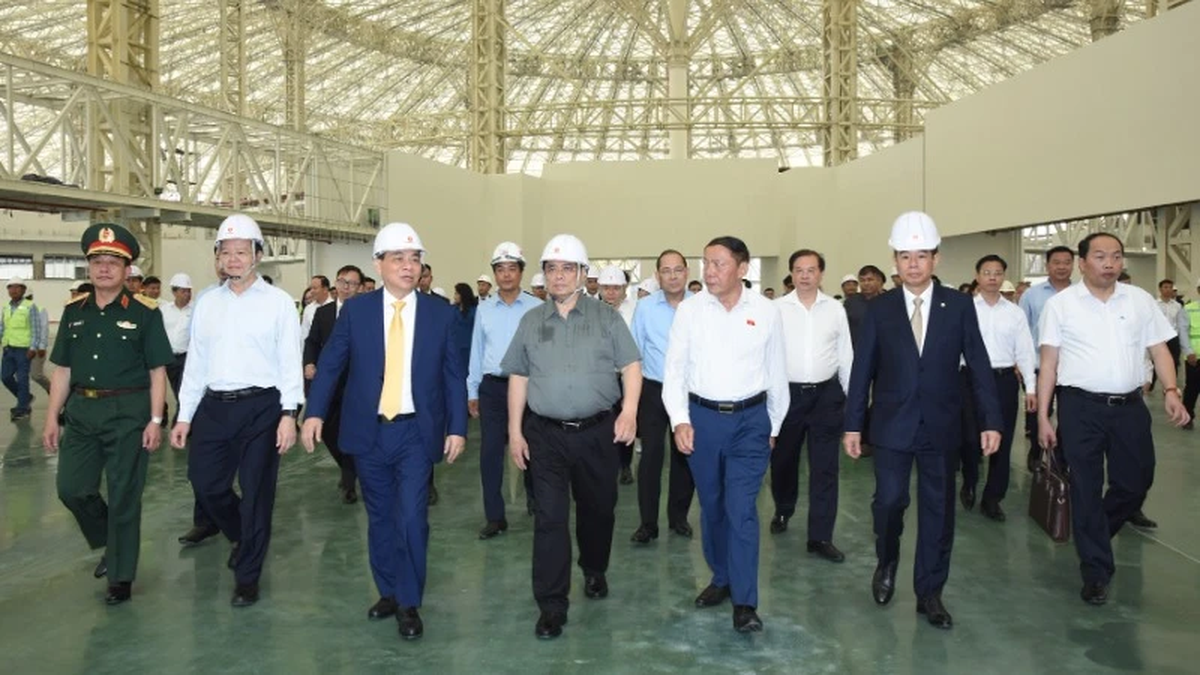

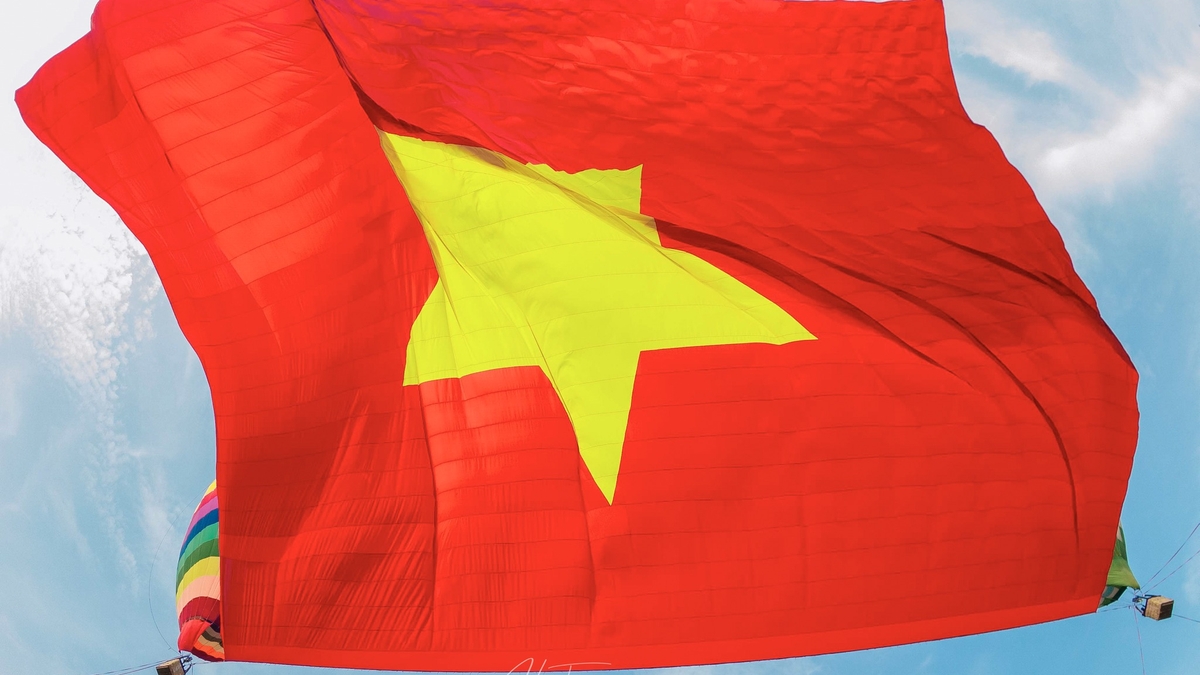




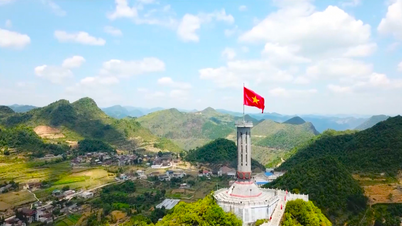
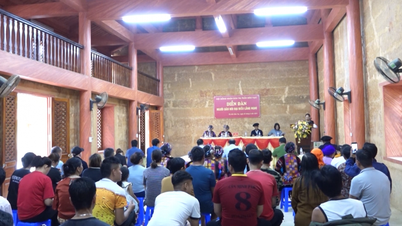
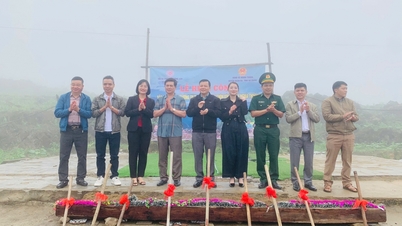

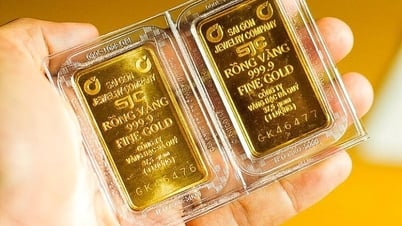

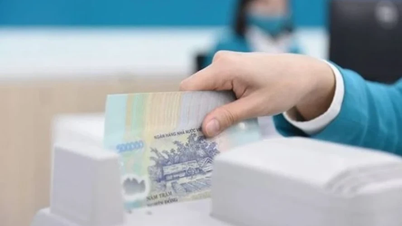
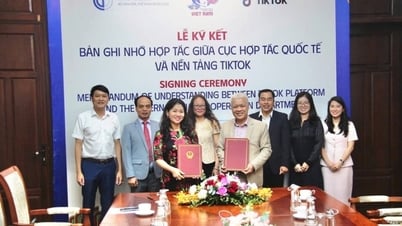

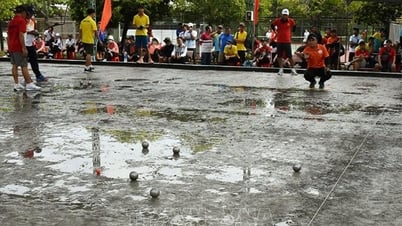










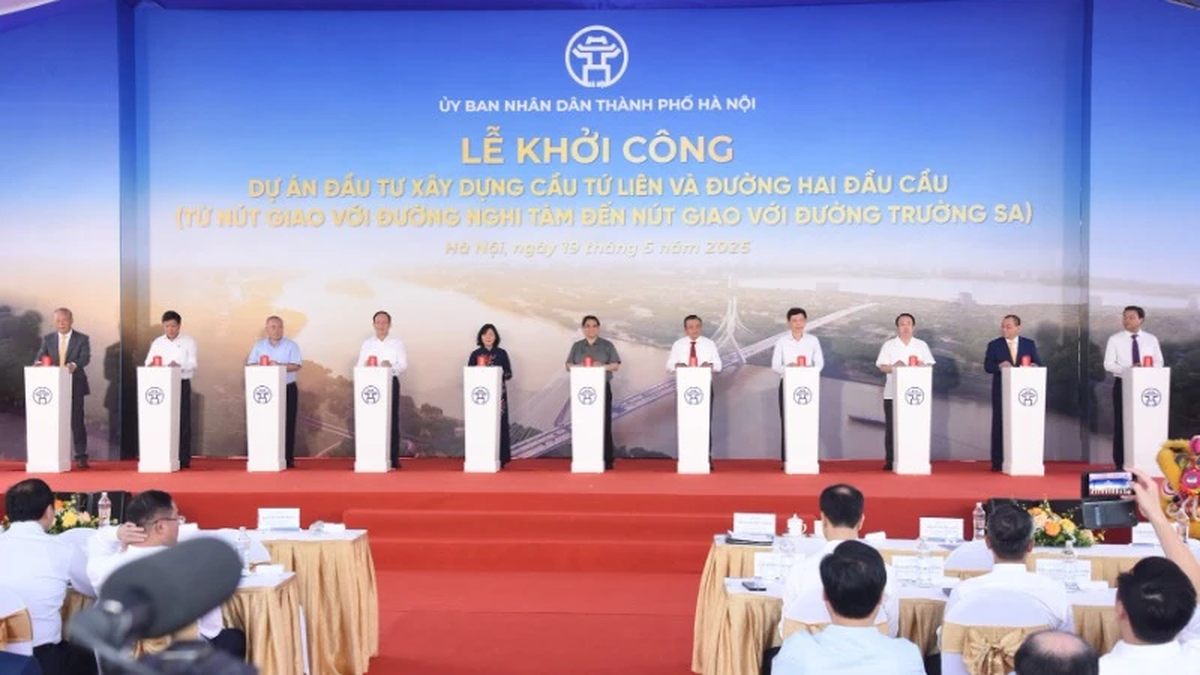







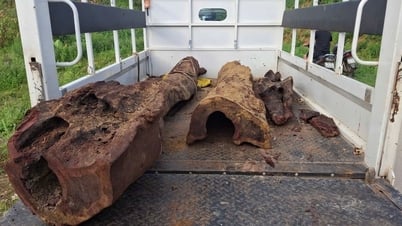

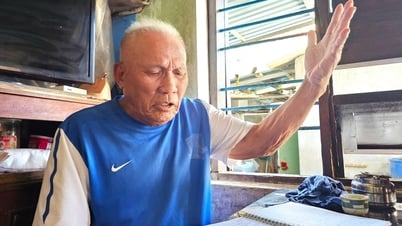




























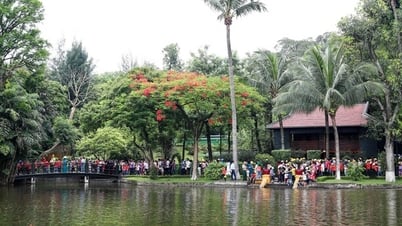

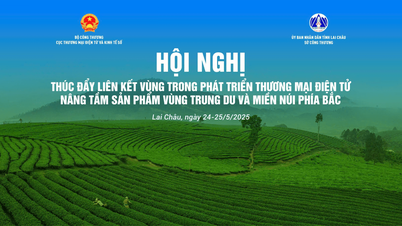
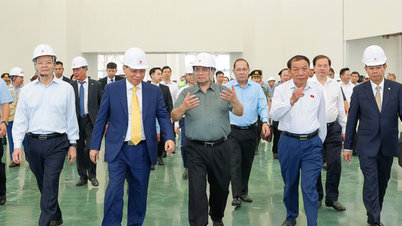
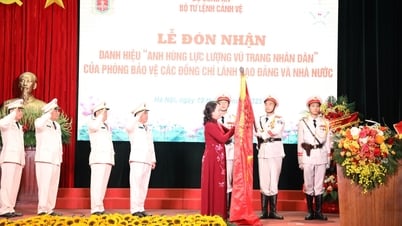


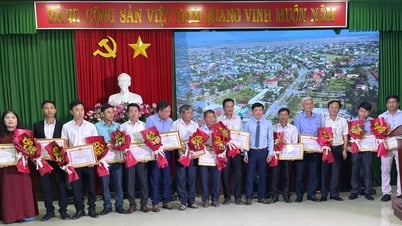

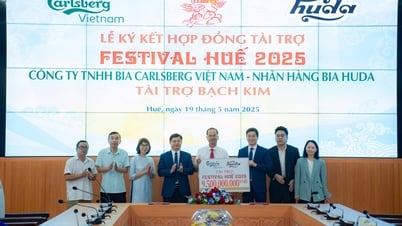
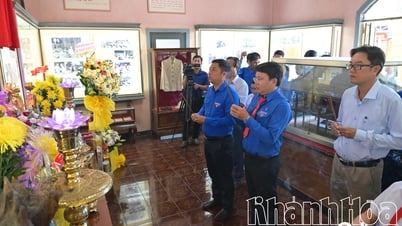

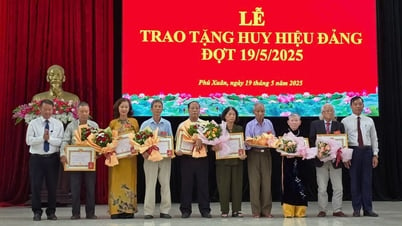


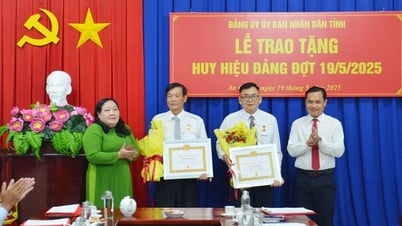


![[VIDEO] - Enhancing the value of Quang Nam OCOP products through trade connections](https://vphoto.vietnam.vn/thumb/402x226/vietnam/resource/IMAGE/2025/5/17/5be5b5fff1f14914986fad159097a677)







Comment (0)